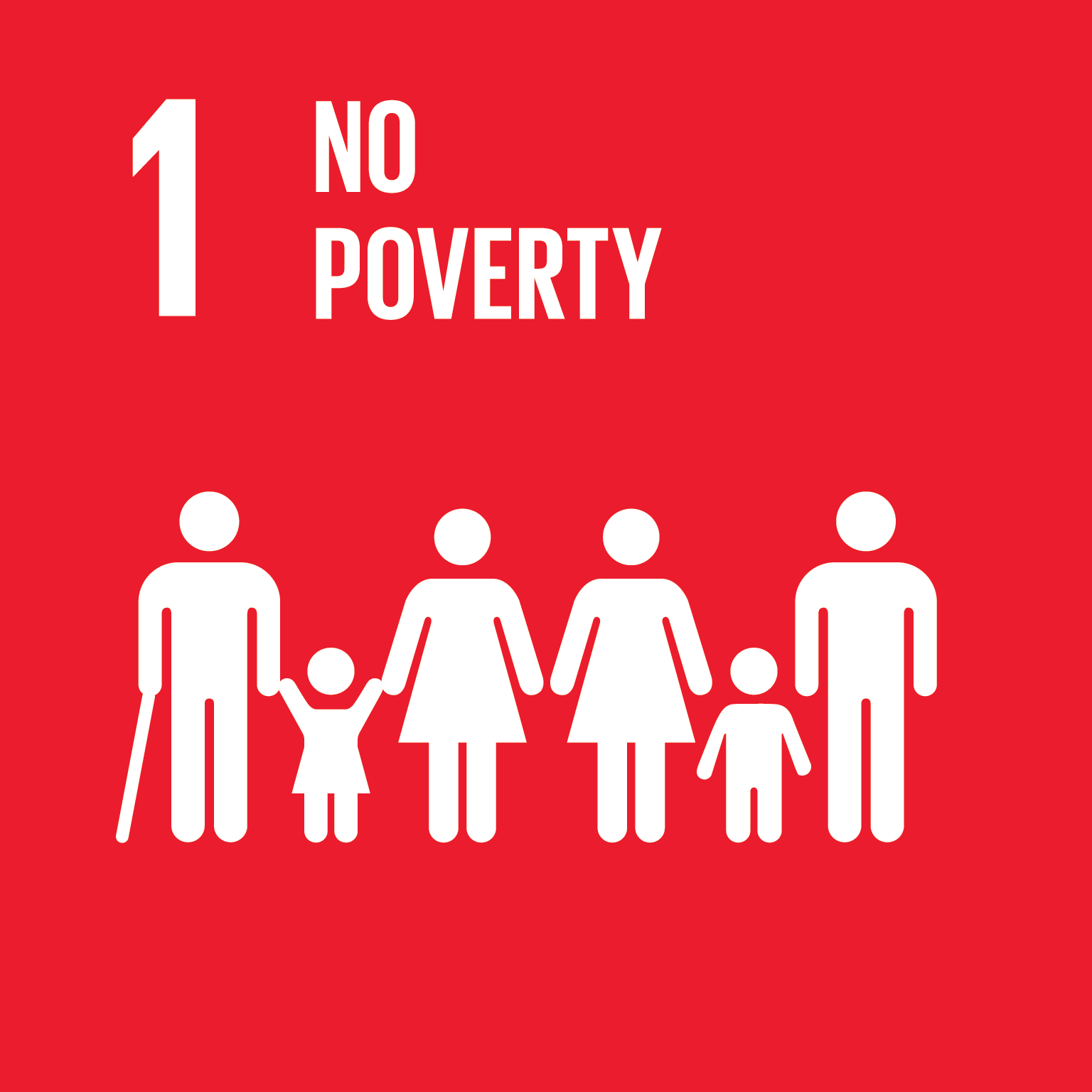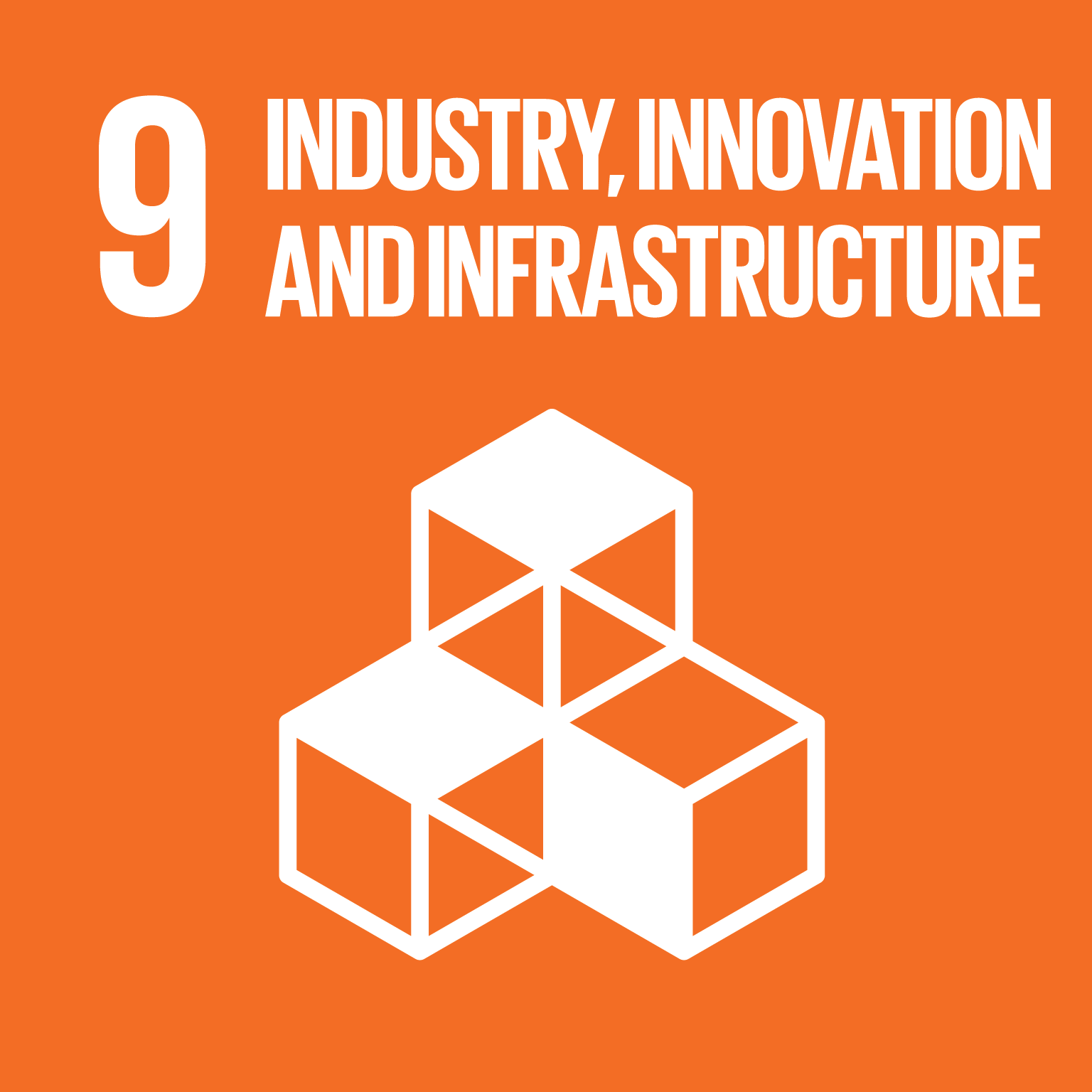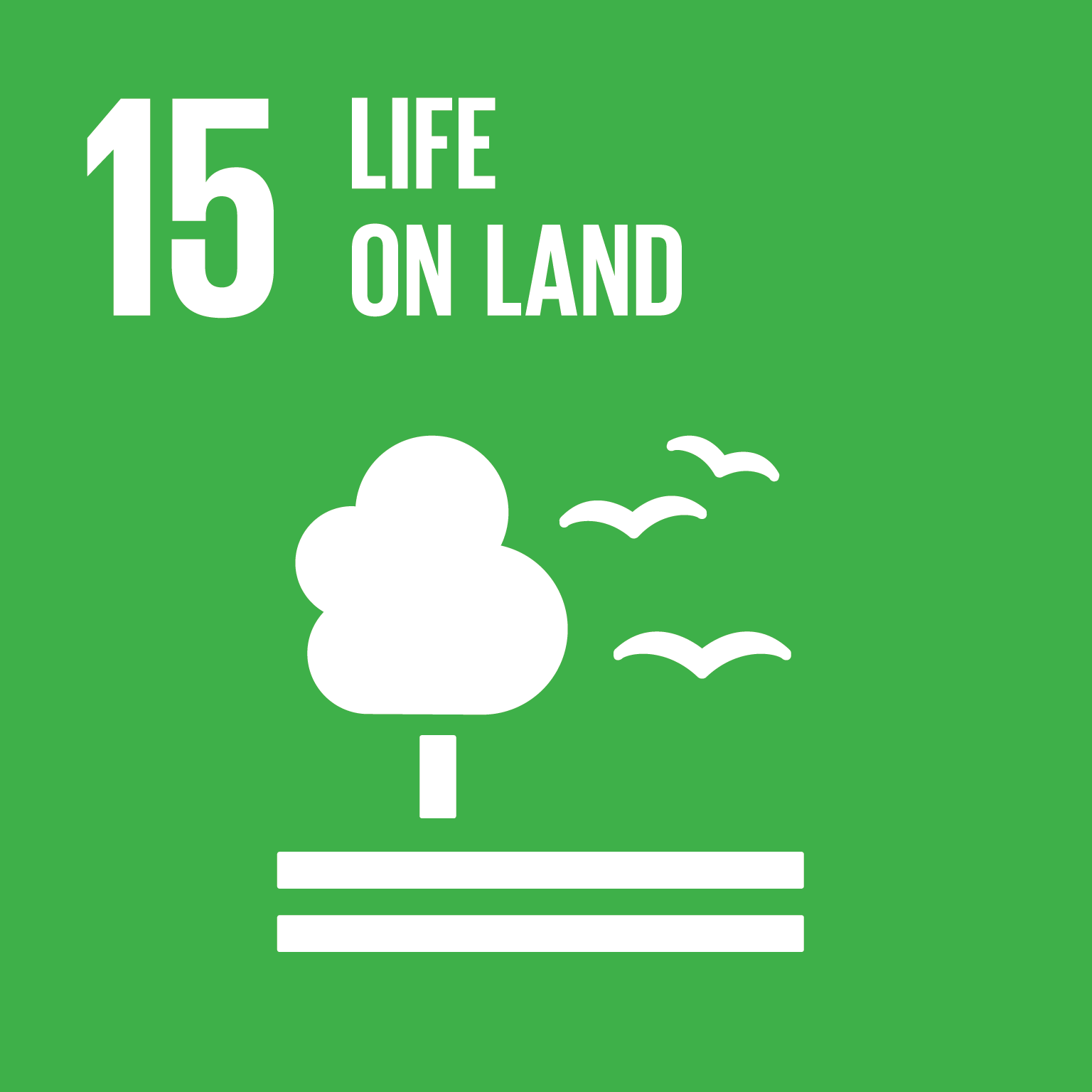Students will study modules in basic science, agricultural sciences, engineering technologies and data science.
Students will spend an average of 40 hours a week attending lectures, tutorials and laboratory-based practicals, and undertaking independent study.
A combination of continuous assessment and end-of-trimester written examinations is used. Certain modules also require project work.





